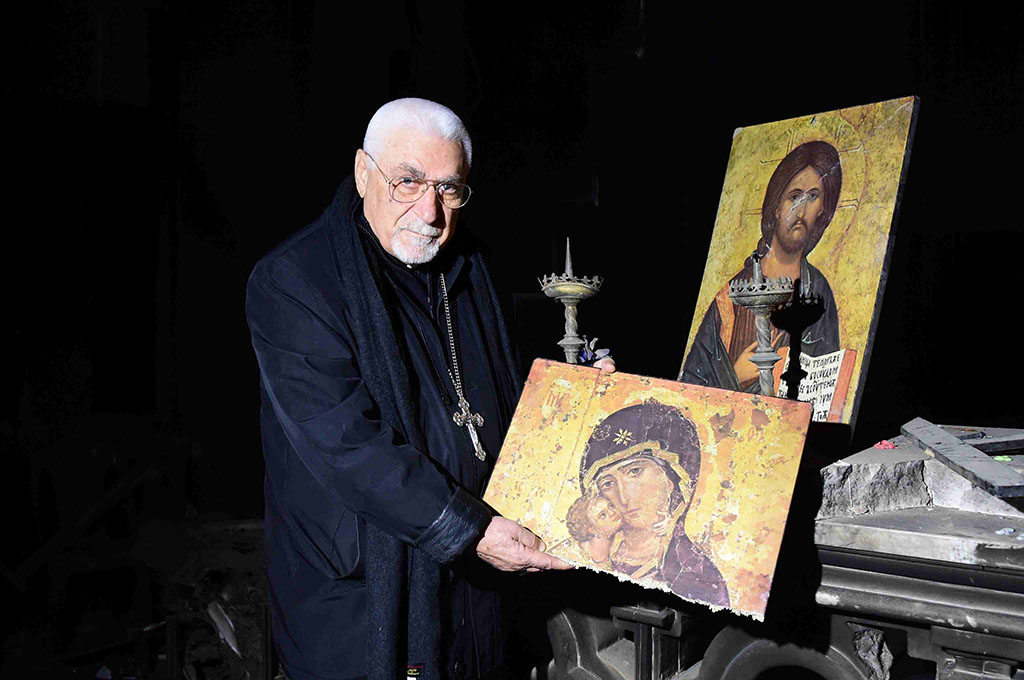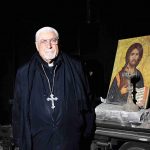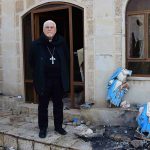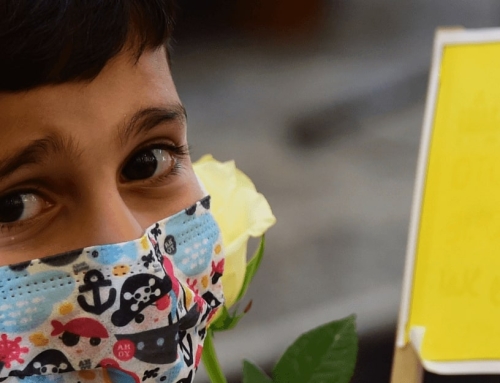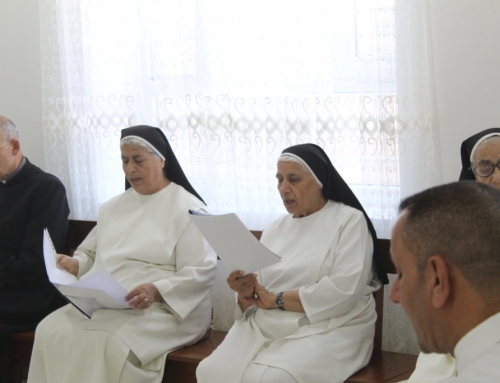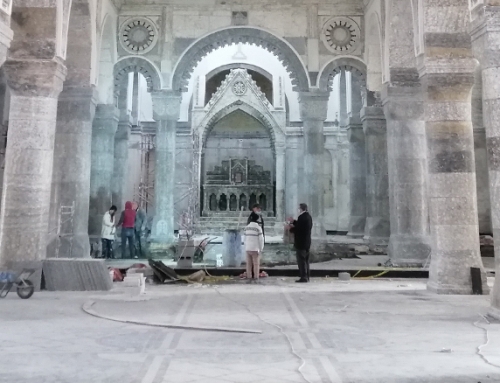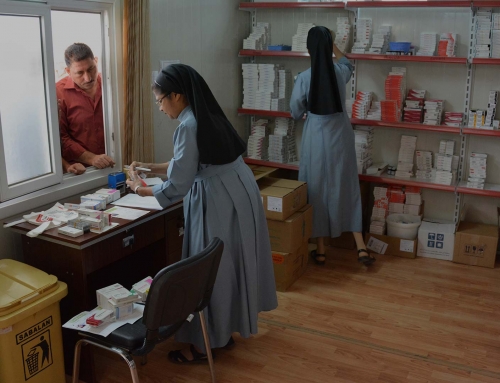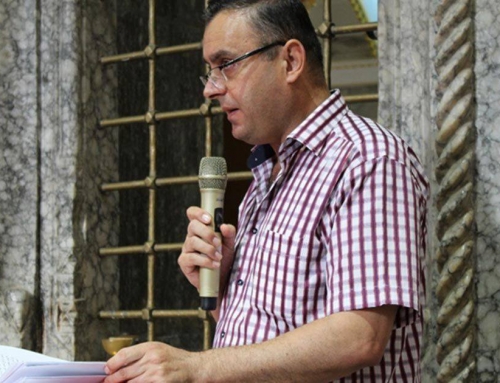Iraq: Eye witness report of Monsignor Petros Mouche, Archbishop of Mosul
Now that Mosul has been liberated, will the Christians be able to return to their homes soon? According to Msgr. Petros Mouche, Syriac Catholic archbishop of the second largest city in Iraq, it is too early for this, but he emphasised the importance of learning from the events of the past and of restoring peace.
ACN: Msgr. Petros Mouche, how did you experience the liberation of Mosul?
As a sign of hope for us Christians. The Islamic State was driven off. I hope that the attitude of the people will change. The destruction in Mosul was on an enormous scale. For us Syriac Catholic Christians in Iraq, liberation is of course a cause for great joy because the vast majority of my diocese was staying in the environs of Mosul and in Qaraqosh. Today, Mosul is completely destroyed. Officially, all parts of the city have been liberated, even though there are still people hiding in a number of places. But they will soon be found and driven off.
And now everything needs to be rebuilt. When will the Christians be able to return to Mosul?
It is much too early for this now. Perhaps in a few years. They will return from time to time to check on their houses, but at the moment you cannot permanently stay in Mosul. However, many people can return to the Nineveh Plain. Several families have already arrived there. Some have found work or started restaurants, shops and trade businesses. It takes a lot of courage to start from scratch again!
Apart from military measures, how can you fight the Islamic State?
That is exactly what makes it so difficult: you have to be able to affect a change in attitude. In view of these peculiar ideas you have to understand that war is not a solution. We have to be able to live together. We have always lived together and this never was a problem. These events have given rise to great hope: that life will begin all over again and the people will learn how to live together. We are all sick of war. Wars have been fought in Iraq off and on since 1958. We have to learn how to live in peace.
What would you like to say to the benefactors of Aid to the Church in Need?
I would of course like to express my heartfelt thanks because their presence is always felt among us and in our diaspora. With their support, we will be able to rebuild our houses. It is a great mercy that we can count on their help. After all, the Syriac Catholic Christians were the hardest hit group. They represent 60% of the refugees on the Nineveh Plain. But there will always be help.
- Monsignor Petros Mouche, Archbishop of Mosul
- Monsignor Petros Mouche, Archbishop of Mosul
- Monsignor Petros Mouche, Archbishop of Mosul
- Returning of the roots Christian of Nineveh in 2017. Iraqi children of the Mariana School drawings about it.
“Aid to the Church in Need” rejoices with the Christians of the Nineveh Plain that Mosul has now been liberated. This is a crucial moment in the history of the Iraqi Christians and we must support those who are now returning to their villages as much as we can. At the same time, we must pray for reconciliation in order to lay a new foundation that ensures a future for the Christians in Iraq.” (Regina Lynch, Project Director at Aid to the Church in Need).
The challenges facing Christians in the Nineveh Plains are enormous: Currently there are still 14,000 registered families who have fled from Mosul and the Nineveh Plains living in Erbil (approximately 90,000 people), nearly 13.000 homes to be rebuilt, security concerns in the villages, Kurdish-Iraqi political maneuvering on the ground, infrastructure concerns (water, electricity, roads, schools and clinics) and most importantly the transition period between the end of monthly rentals and food packages and the move of these families to the restored villages. Drawing from the most recent surveys updated by the Nineveh Reconstruction Committee on June 20, 2017, 599 families have already returned to Nineveh Plains and 342 properties are being renovated of which 157 have been restored through financial contributions by ACN.
Since the crisis began, Aid to the Church in Need has provided ongoing support to the Christian refugees in northern Iraq. To date, a total of 31 million euros has been donated for emergency aid including food, education, housing, pastoral help and reconstruction.


